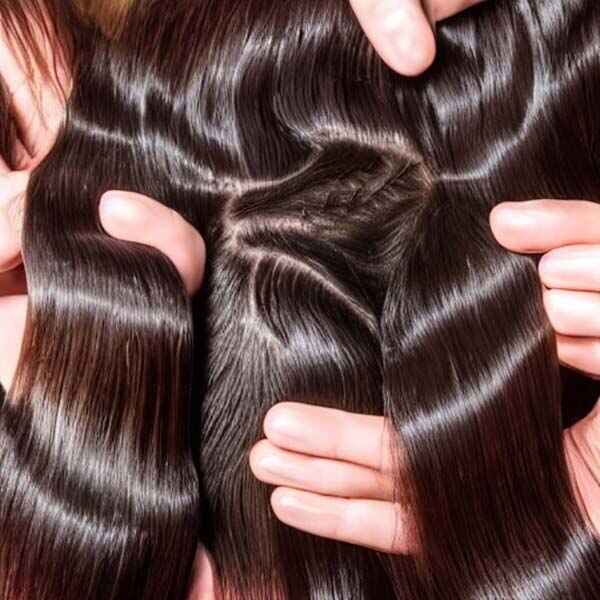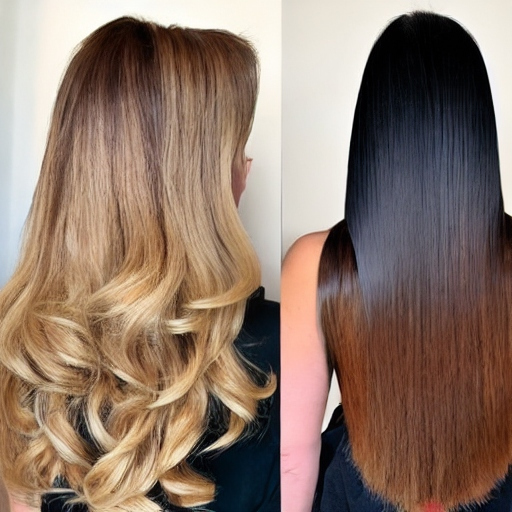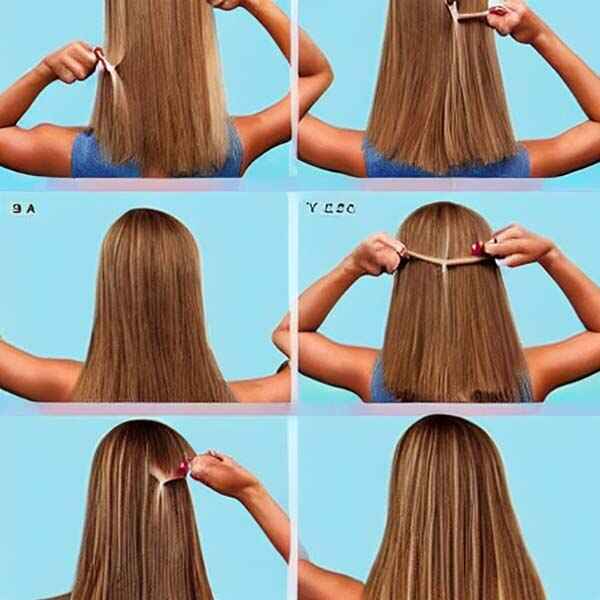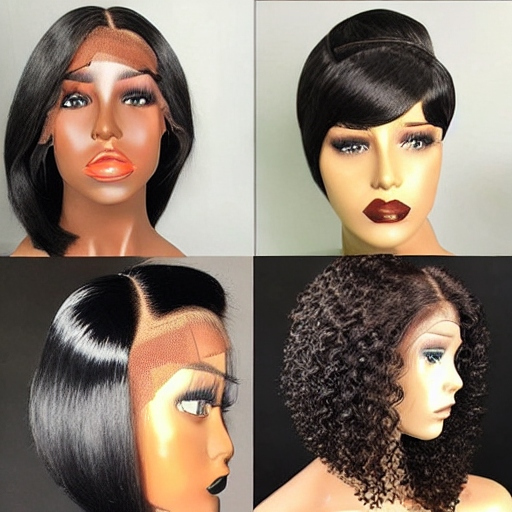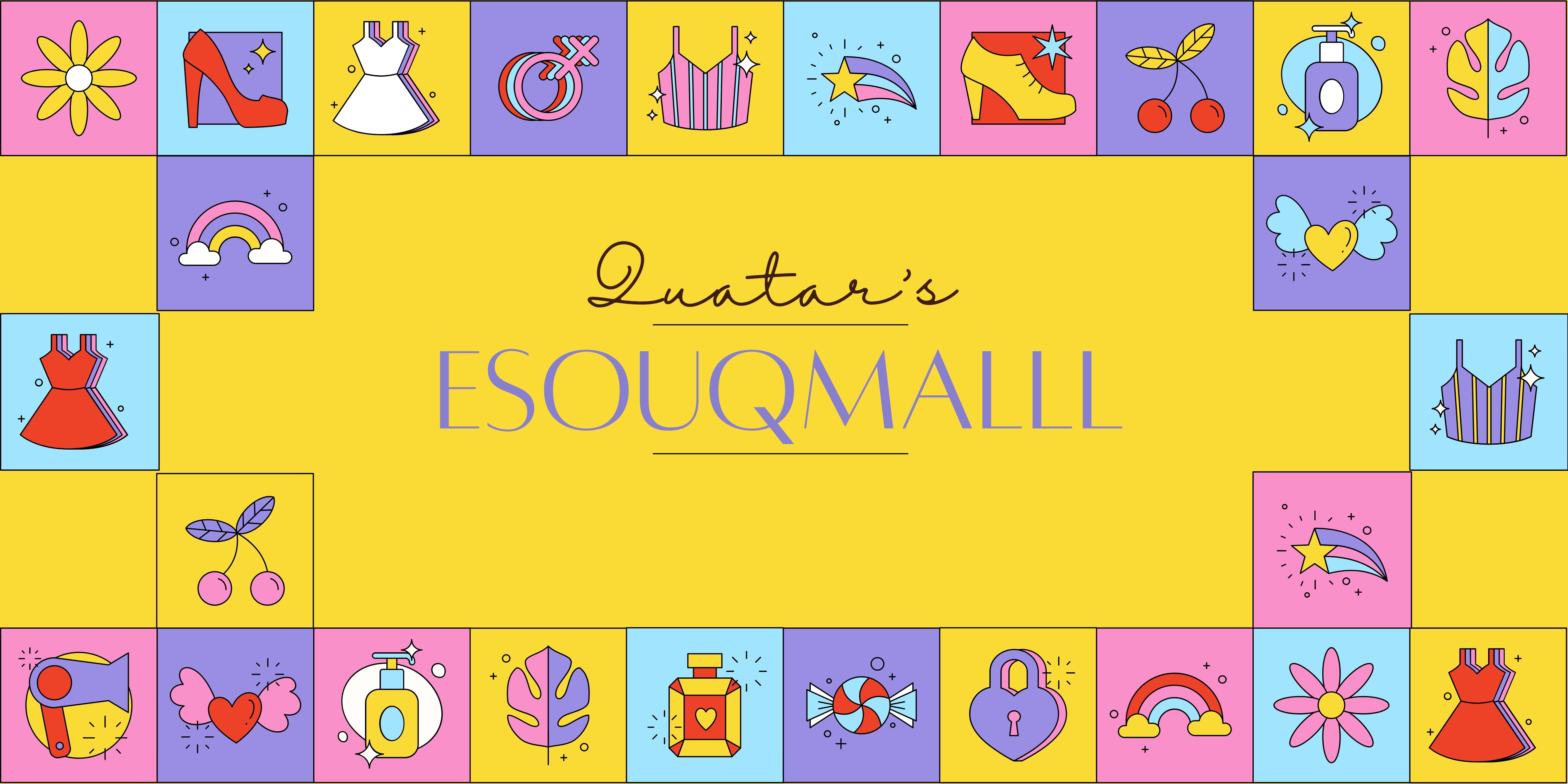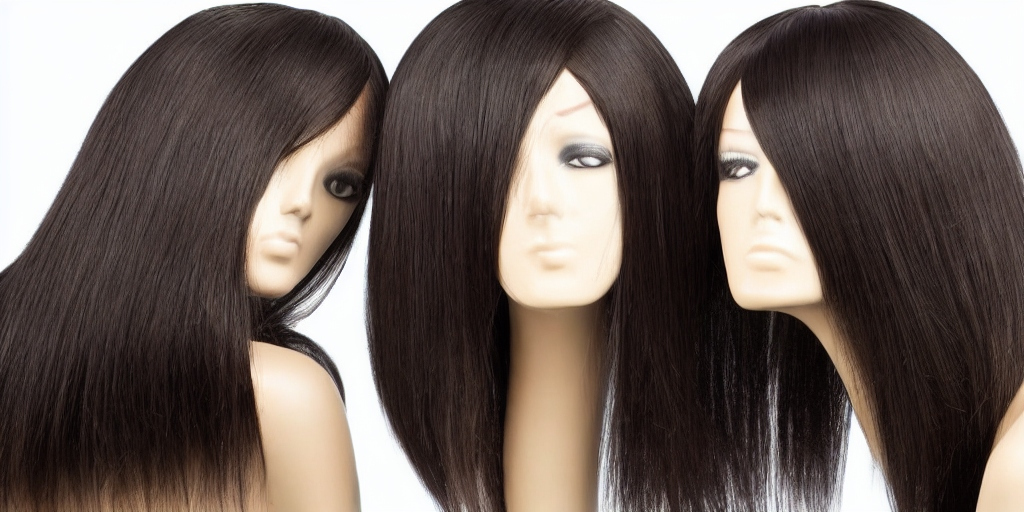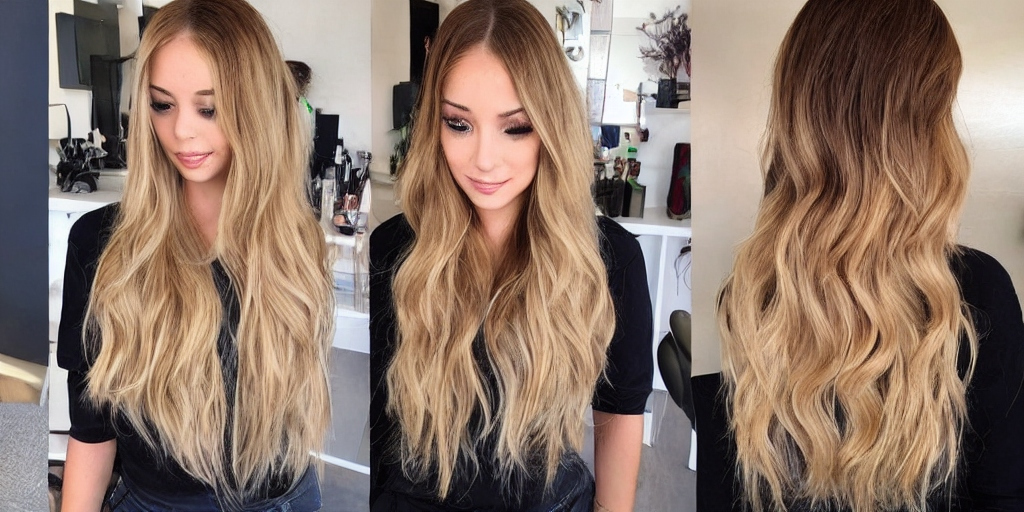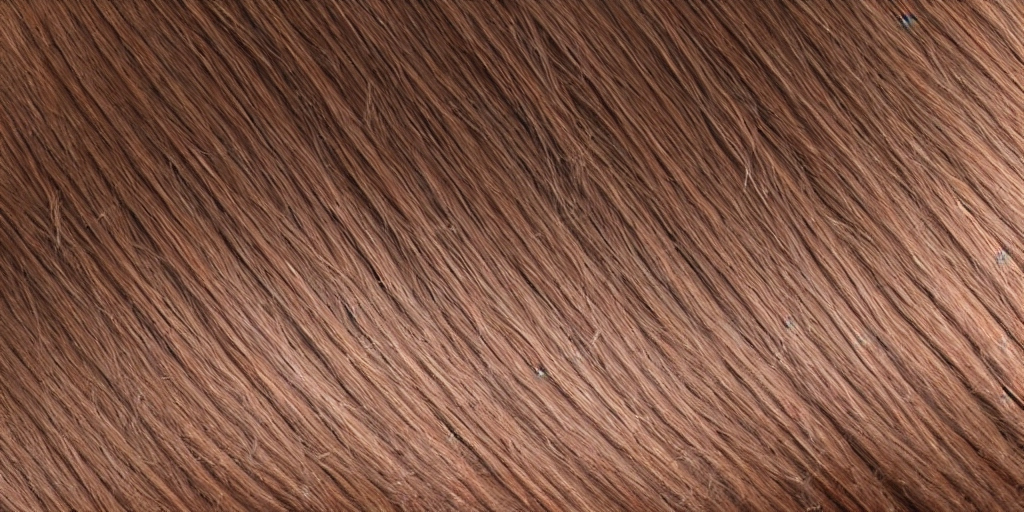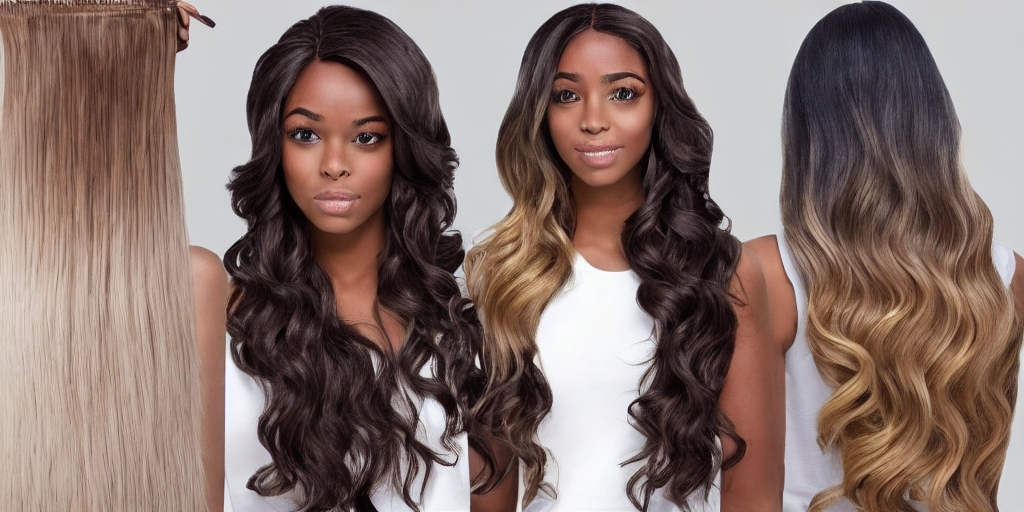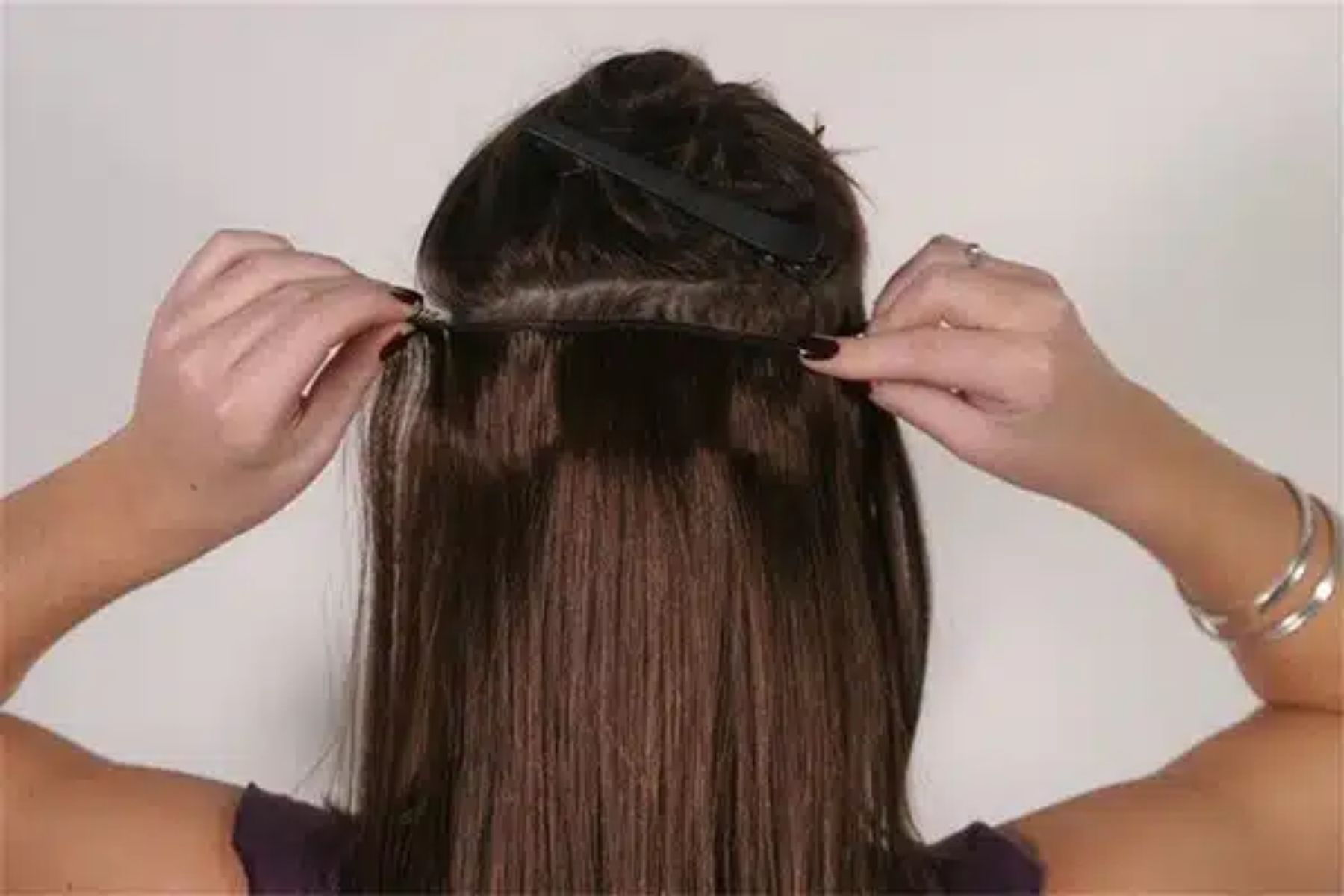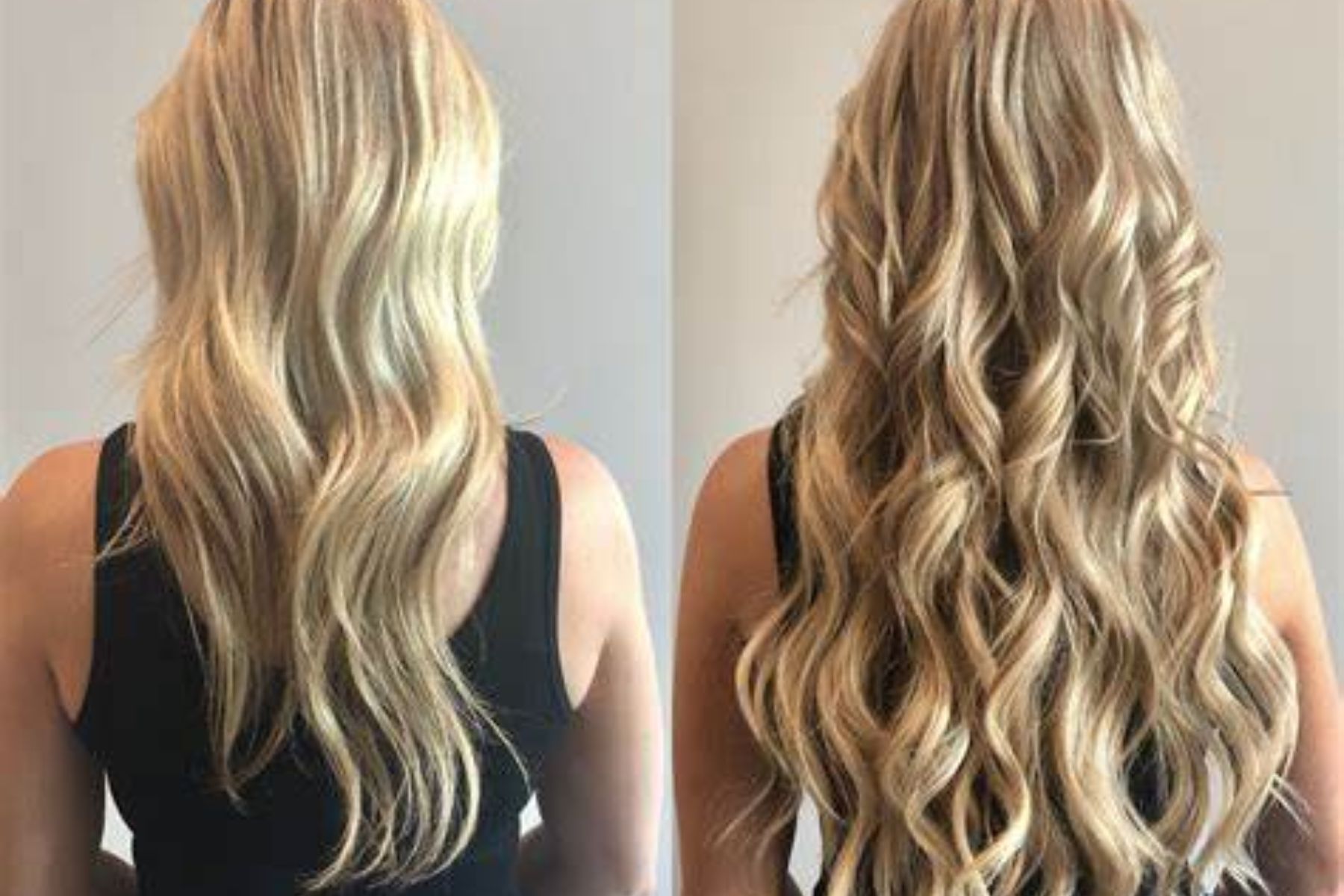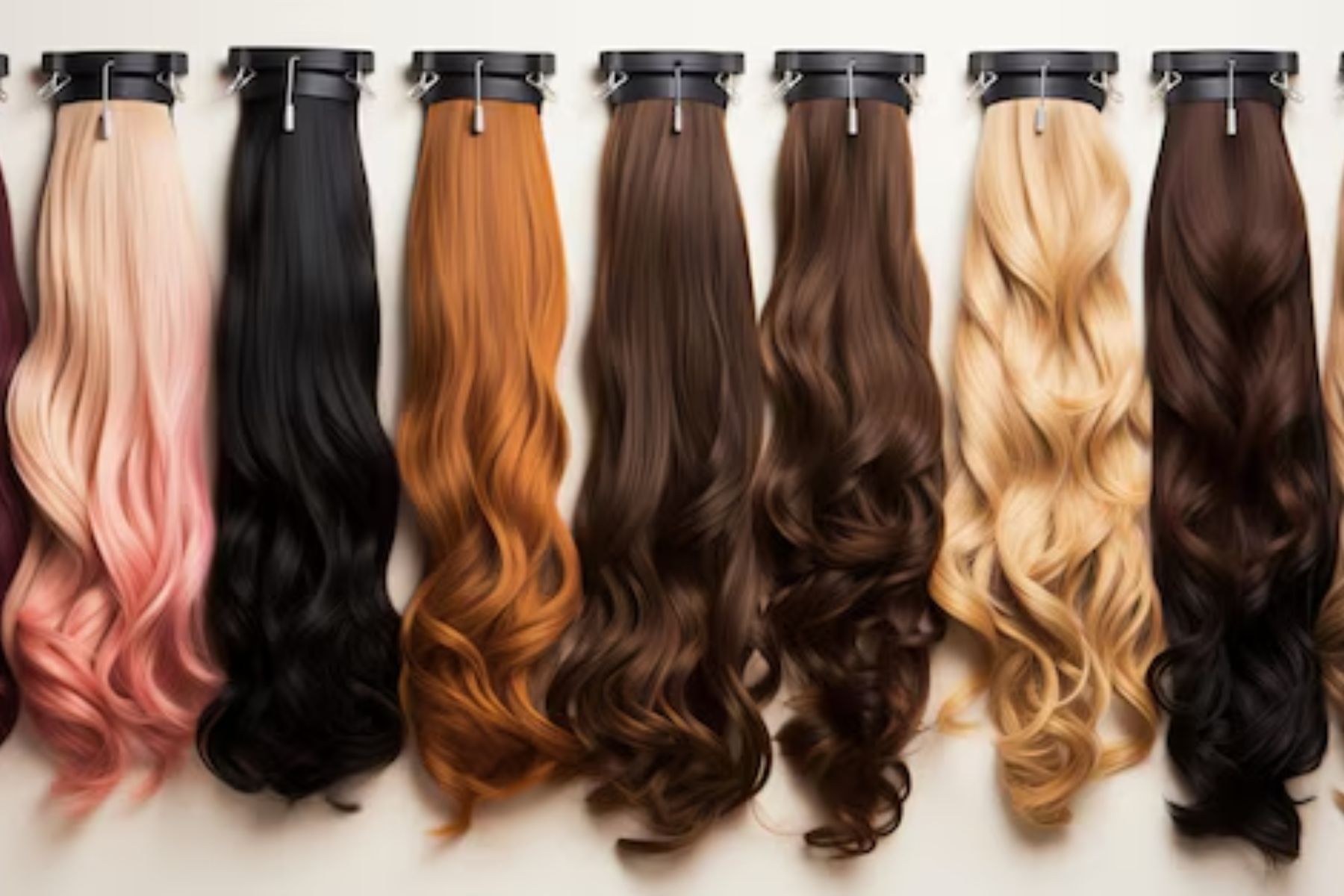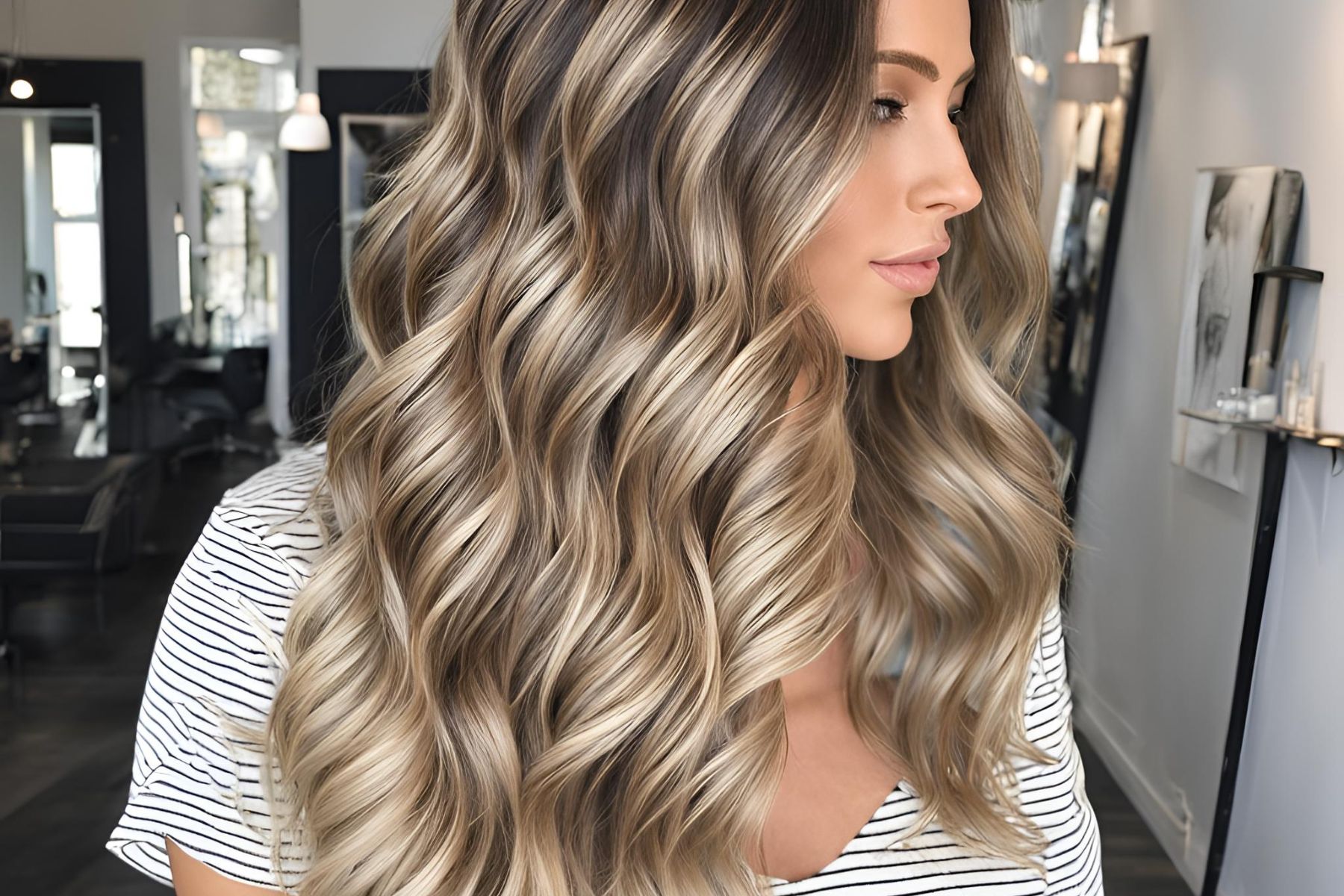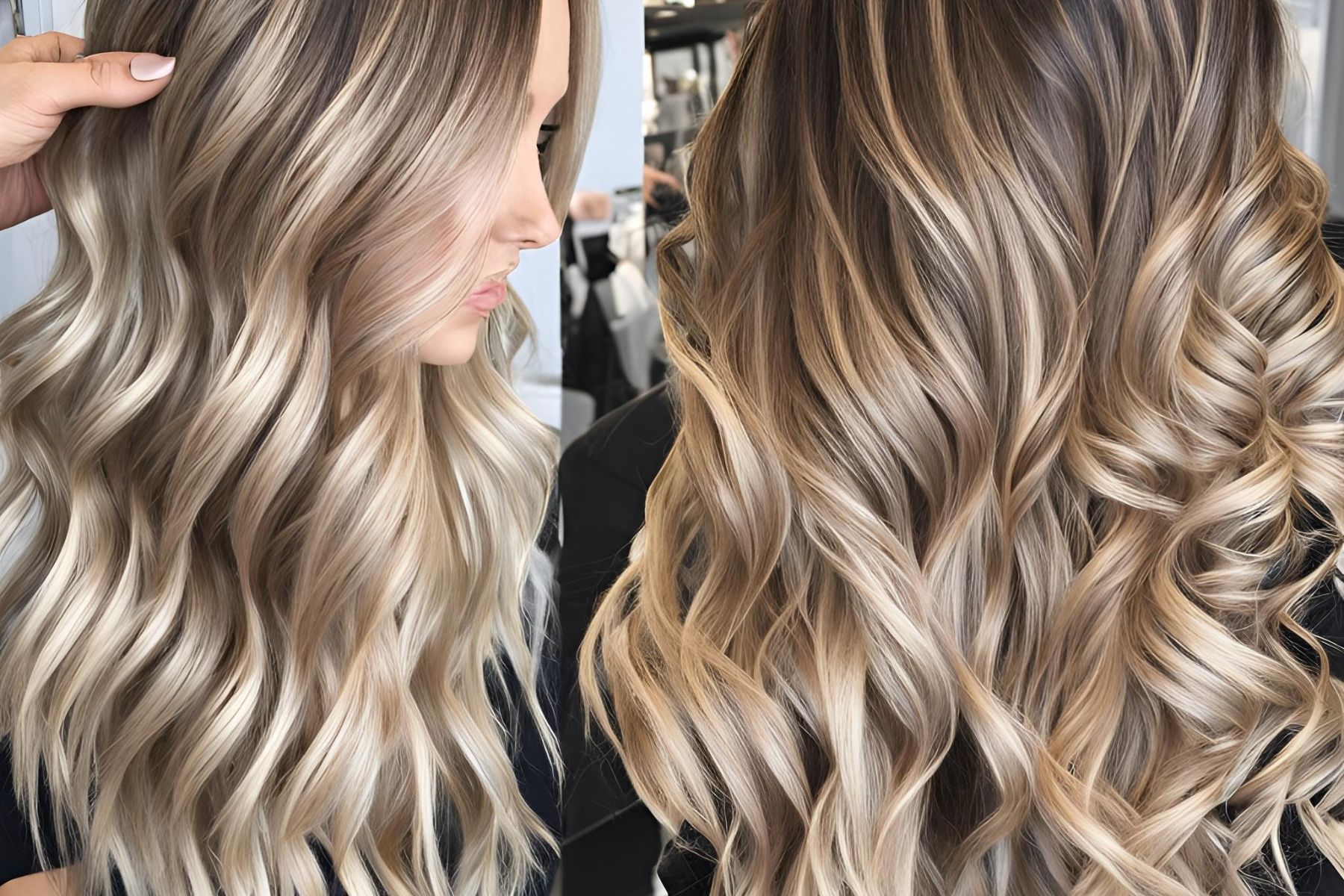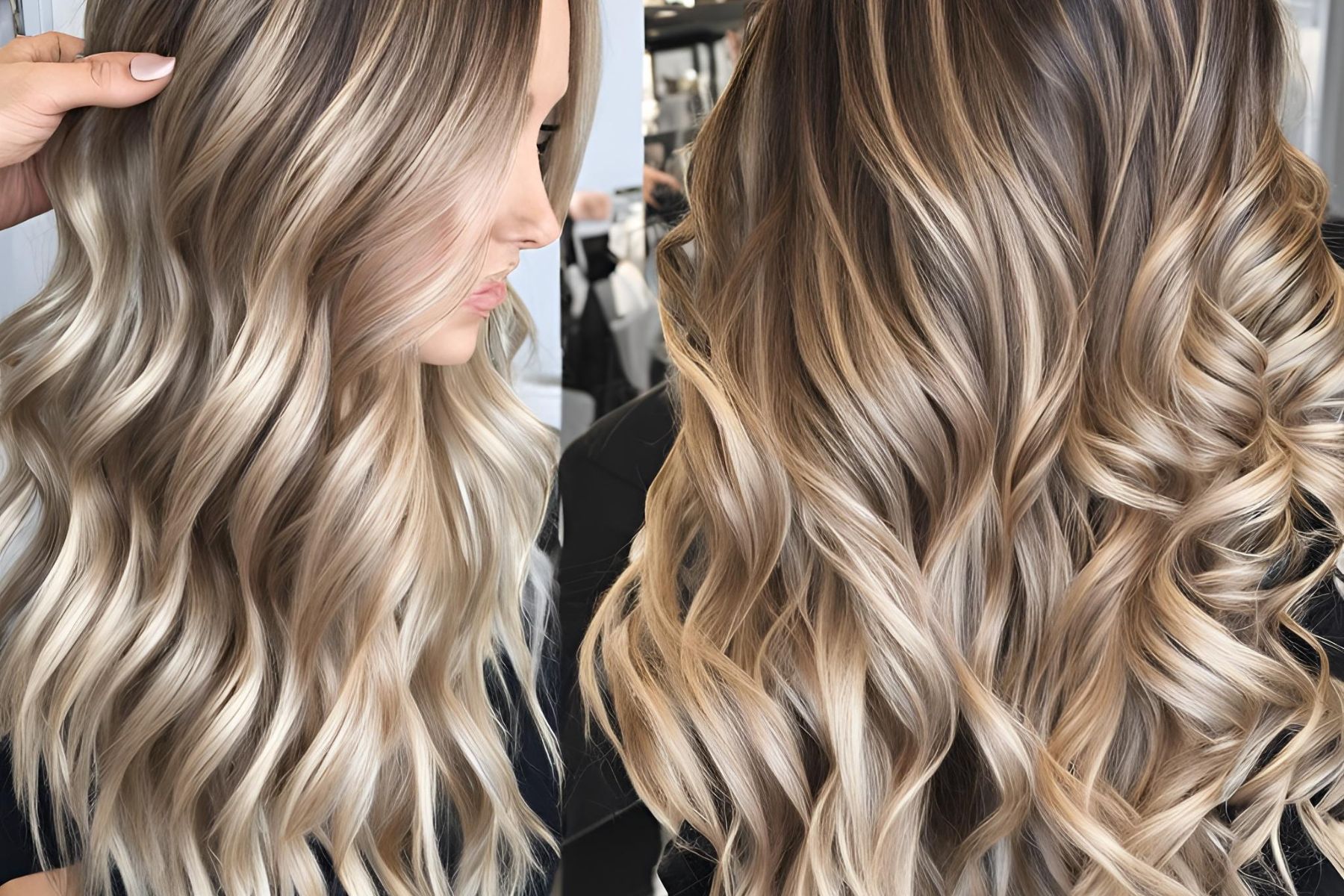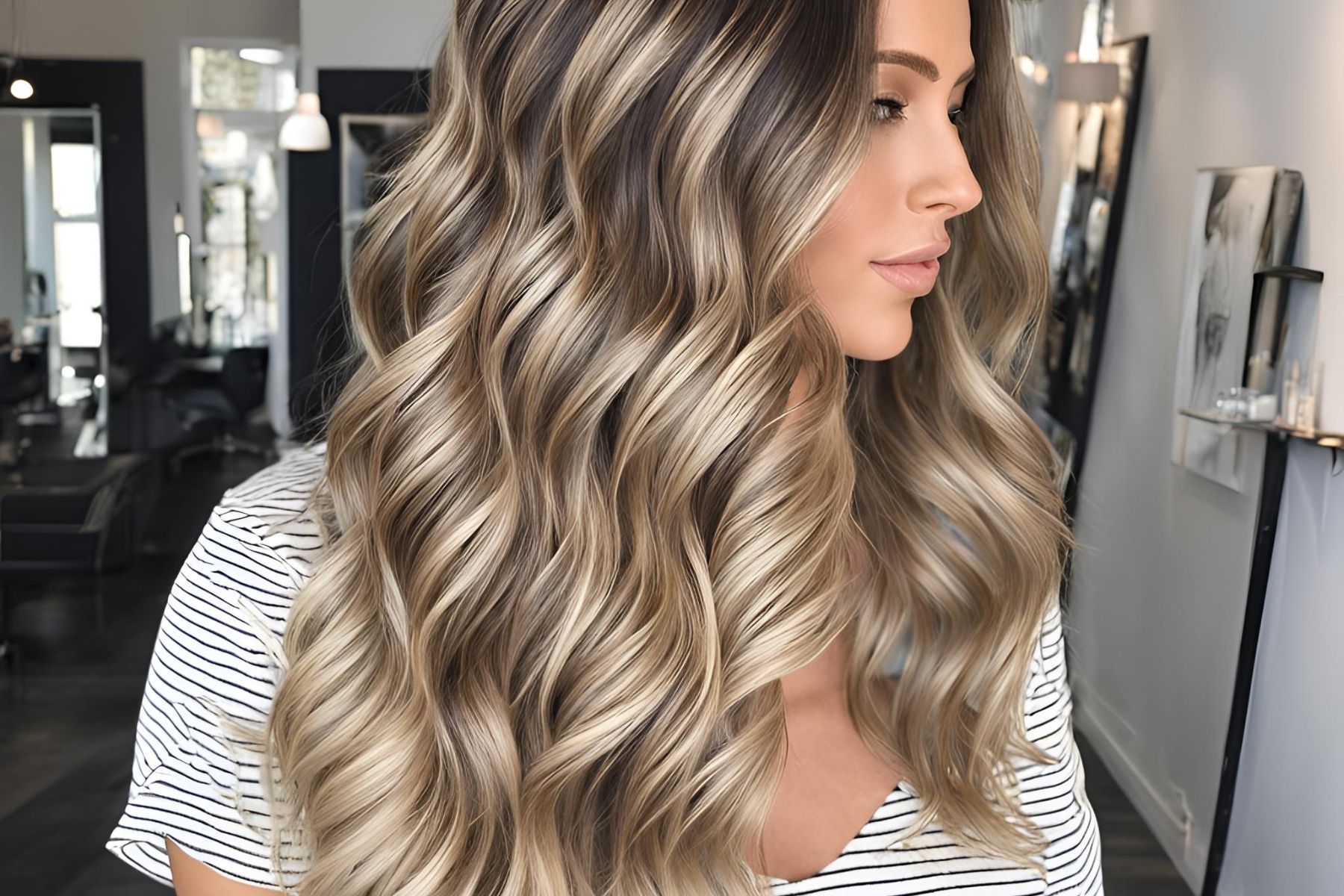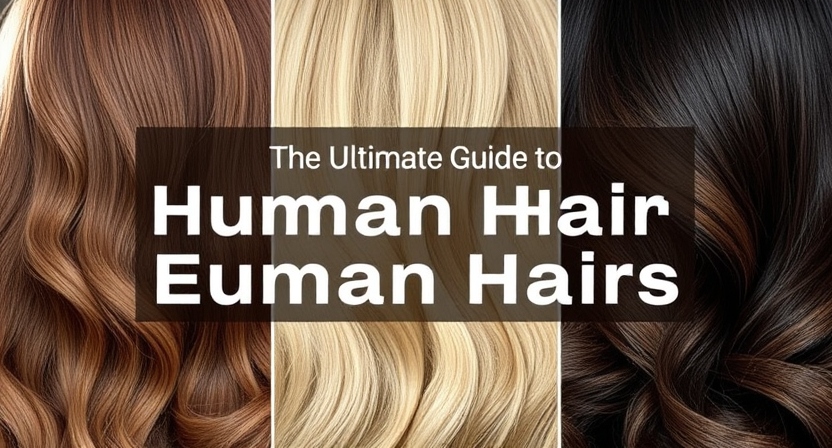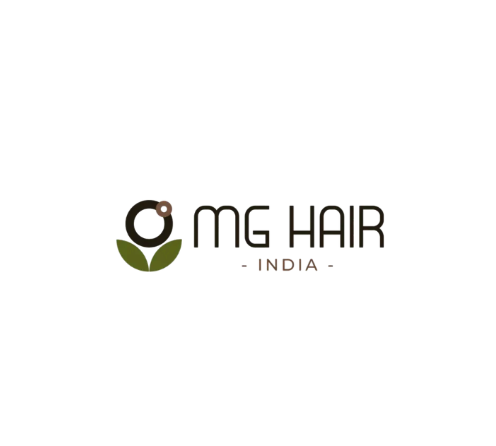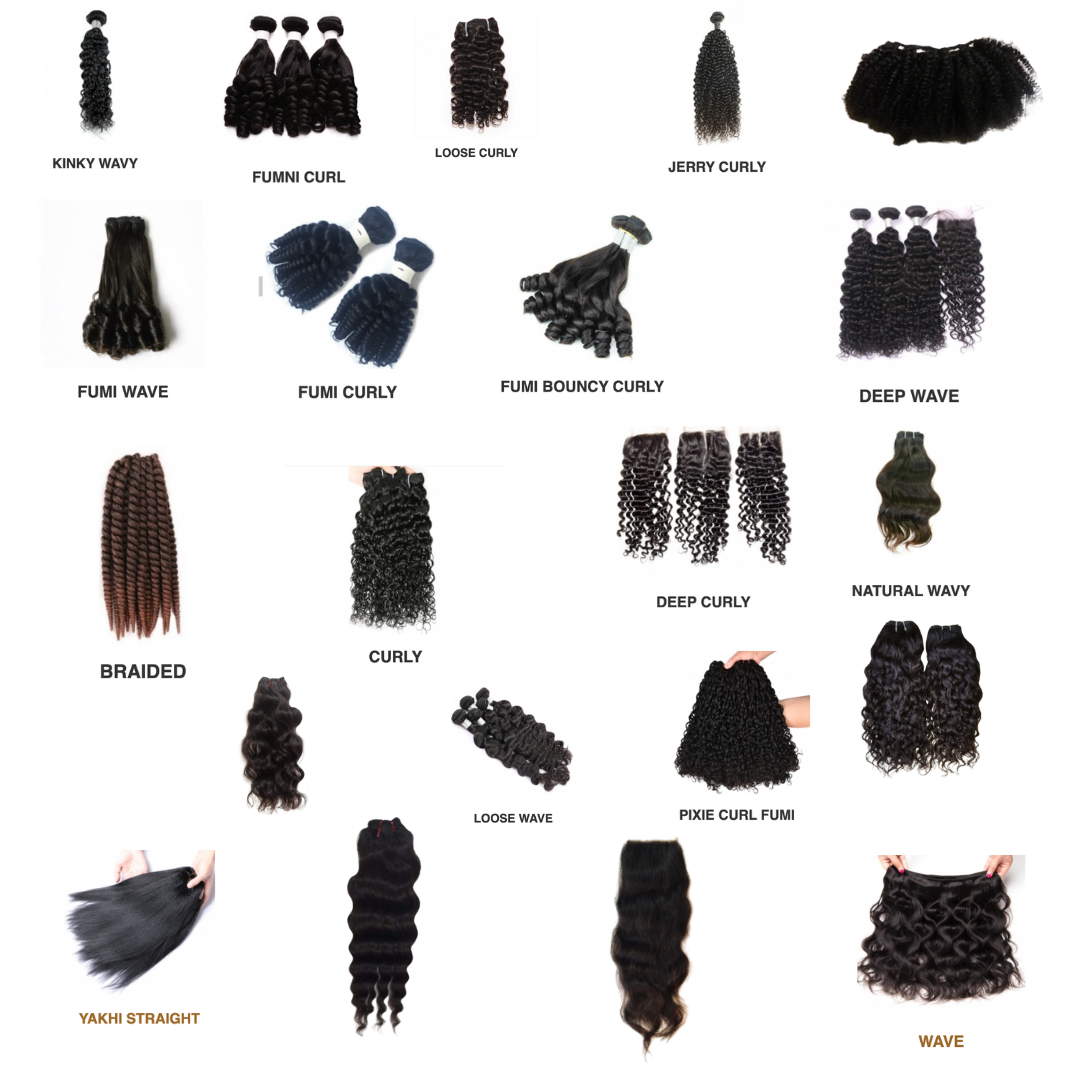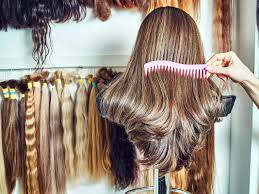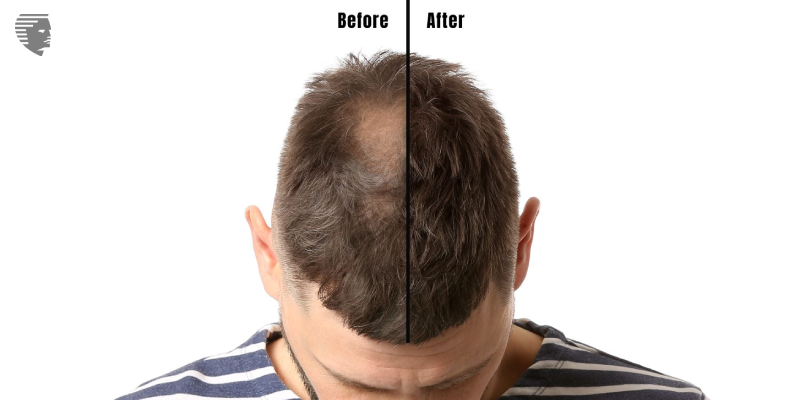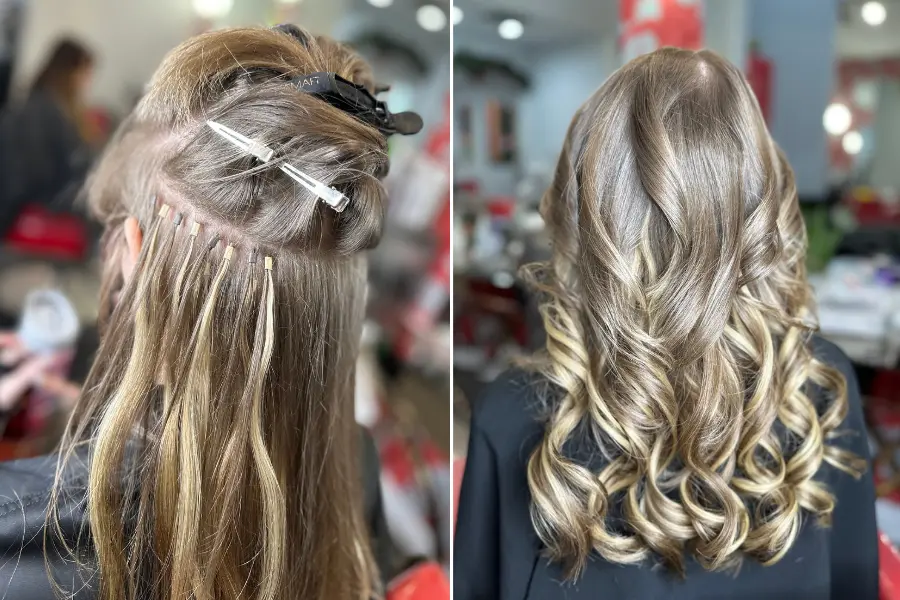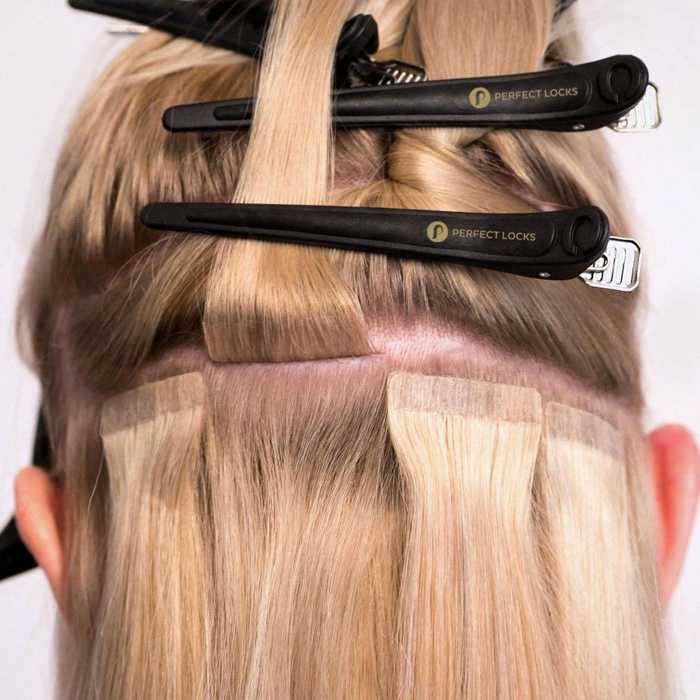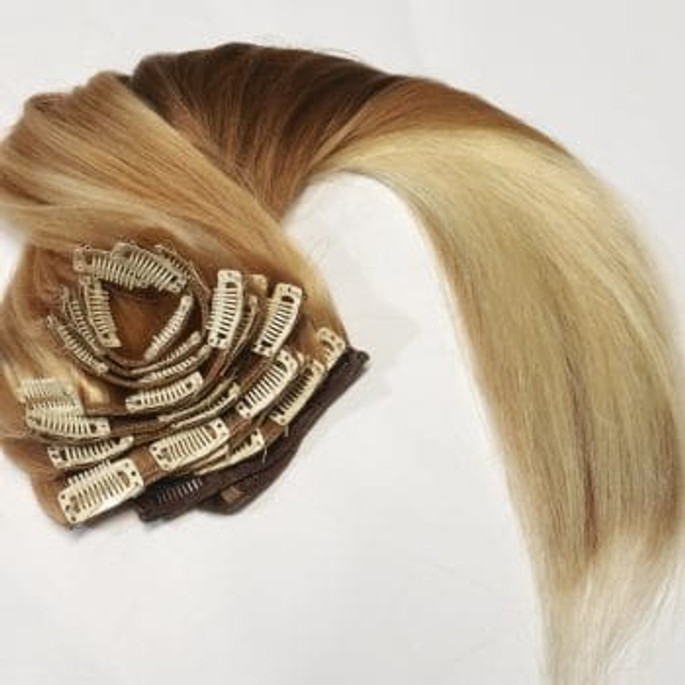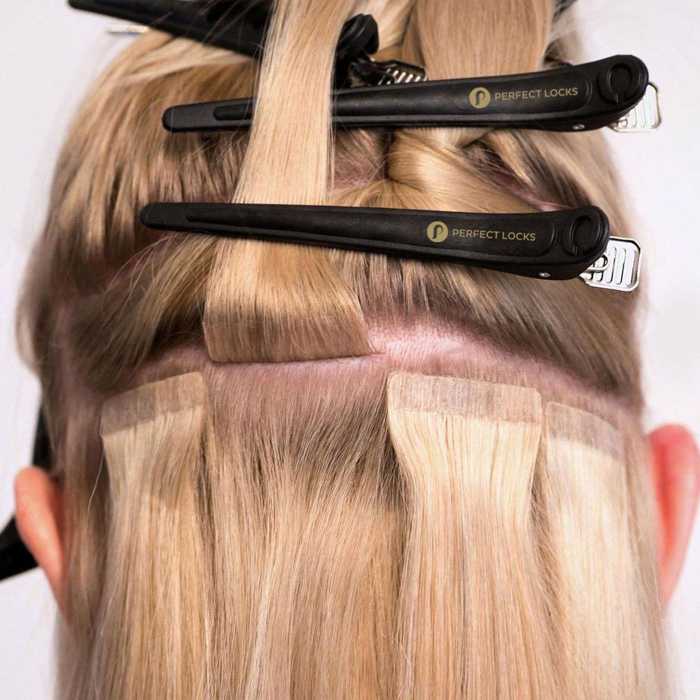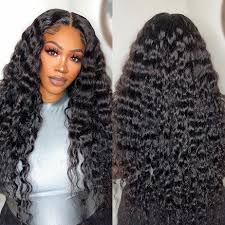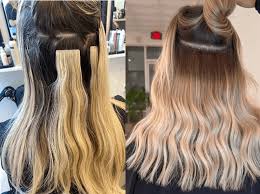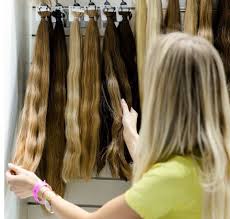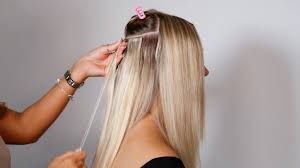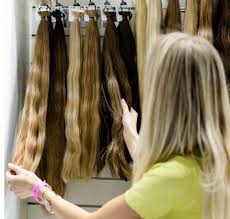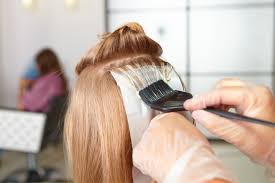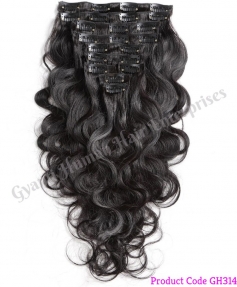Introduction
The hair extension industry has seen a surge in popularity over the years, offering individuals a way to enhance their appearance and boost their confidence. However, the environmental and ethical implications of traditional hair extension sourcing practices have become increasingly concerning. As wholesalers and suppliers, it is essential to adopt sustainable and ethical sourcing practices to contribute to a more responsible and sustainable future.
Understanding the Environmental Impact of Traditional Hair Extensions
- Chemical Treatments: Many traditional hair extensions undergo harsh chemical treatments, such as bleaching and dyeing, which can release harmful pollutants into the environment.
- Waste Generation: The production and disposal of synthetic hair extensions contribute to plastic waste and landfill pollution.
- Deforestation: The demand for human hair extensions can lead to deforestation in certain regions, as forests are cleared to make way for hair farms.
The Importance of Ethical Sourcing
- Fair Labor Practices: Ethical sourcing ensures that hair is obtained from donors who are treated fairly and compensated adequately.
- Child Labor Prevention: It helps prevent child labor and exploitation, particularly in regions where hair collection is prevalent.
- Transparency and Traceability: Ethical sourcing practices provide transparency into the supply chain, allowing consumers to make informed choices.
Sustainable Materials for Hair Extensions
- Human Hair: While human hair extensions can be sustainable when sourced ethically, it is crucial to prioritize suppliers who adhere to fair labor practices and avoid harmful treatments.
- Synthetic Alternatives: Explore eco-friendly synthetic options made from biodegradable materials, such as plant-based fibers or recycled materials.
- Remy Hair: Opt for Remy hair, which is considered higher quality as the cuticles remain intact, ensuring a smoother and more natural appearance.
Ethical Sourcing Practices
- Verifications and Certifications: Look for suppliers who are certified by organizations that promote ethical and sustainable practices, such as Fair Trade or Global Organic Textile Standard (GOTS).
- Transparent Supply Chains: Inquire about the supplier's sourcing practices, including where the hair is collected, the conditions of the donors, and the manufacturing processes involved.
- Traceability: Ensure that the hair can be traced back to its origin, providing transparency and accountability.
- Fair Compensation: Verify that donors are paid fairly for their hair, especially in regions where hair collection is a significant source of income.
Environmental Considerations
- Sustainable Production: Choose suppliers who prioritize sustainable manufacturing processes, minimizing waste and reducing their carbon footprint.
- Packaging: Opt for eco-friendly packaging materials, such as recyclable or biodegradable options.
- Recycling and Upcycling: Encourage customers to recycle or upcycle their old hair extensions to minimize waste.
Educating Customers
- Transparency: Share information about your sourcing practices with customers, highlighting the ethical and sustainable aspects of your products.
- Highlight Benefits: Emphasize the benefits of choosing sustainable hair extensions, such as supporting fair labor practices and reducing environmental impact.
- Encourage Recycling: Promote recycling programs for old hair extensions to encourage a circular economy.
Case Studies of Sustainable Hair Extension Brands
- Brand A: This company sources human hair ethically from donors who are compensated fairly and provides transparency into their supply chain.
- Brand B: This brand specializes in eco-friendly synthetic hair extensions made from recycled materials, reducing plastic waste.
- Brand C: This company partners with local communities to collect hair, ensuring fair compensation and supporting sustainable livelihoods.
Conclusion
As wholesalers and suppliers, it is essential to embrace sustainable and ethical sourcing practices in the hair extension industry. By prioritizing fair labor, environmental responsibility, and transparency, we can contribute to a more sustainable and equitable future. By educating customers and promoting ethical choices, we can empower consumers to make informed decisions and support businesses that prioritize sustainability.





